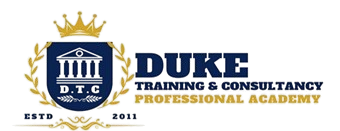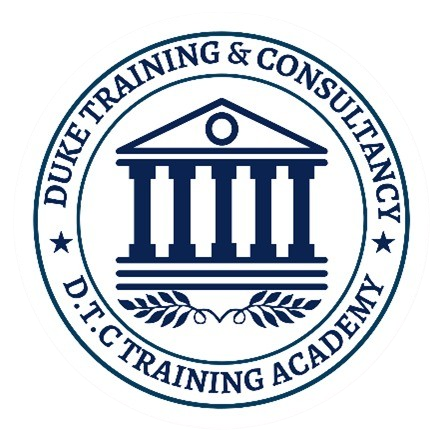Course
Toyota's Toolbox: Lean Business Practice
This course provides an in-depth exploration of Toyota's renowned lean manufacturing principles and practices, often referred to as "Toyota Production System" (TPS) or "Toyota Way." Participants will delve into the core principles and tools that have made Toyota a leader in operational excellence and continuous improvement. Through case studies, practical examples, and interactive sessions, participants will gain insights into how Toyota's lean practices can be applied to various industries to streamline processes, eliminate waste, and drive sustainable business success.
- Understand the core principles and philosophy of Toyota's lean manufacturing approach.
- Learn about the key tools and techniques used in Toyota's production system, including Just-in-Time(JIT) manufacturing, Kanban, and Kaizen.
- Explore the concepts of waste elimination, standardized work, and continuous improvement embedded in Toyota's lean practices.
- Gain insights into the principles of respect for people and contiuous learning that underpin Toyota's organizational.
- Understand how Toyota's lean principles can be adapted and applied to different industries and business environments.
- Learn how to identify and prioritize improvement opportunities using Toyota's problem-solving methodologies, such as A3 thinking and root cause analysis.
- Develop skills in implementing lean practices, including value stream mapping, 5S workplace organization, and visual management techniques.
- Explore case studies and real-world examples of organizations that have successfully implemented Toyota's lean principles to achieve operational excellence.
- Learn how to create a culture of continuous improvement and employee empowerment within your organization based on Toyota's lean principles.
- Deep understanding of Toyota's lean manufacturing principles and practices.
- Knowledge of key tools and techniques used in Toyota's production system, such as JIT, Kanban, and Kaizen.
- Ability to identify and eliminate waste in processes through lean methodologies.
- Insights into creating a culture of continuous improvement and employee engagement inspired by Toyota's lean philosophy.
- Practical experience in applying lean tools and techniques to streamline processes and improve efficiency.
- Skills in problem-solving and root cause analysis using Toyota's problem-solving methodologies.
- Awareness of the importance of standardized work, visual management, and value stream mapping in lean implementation.
- Knowledge of how Toyota's lean principles can be adapted and applied to different industries and organizational contexts.
- Preparation for leading lean transformation initiatives and driving sustainable business improvement.
Operations managers, production supervisors, process engineers, continuous improvement professionals, quality assurance personnel, and anyone involved in driving operational excellence and process improvement initiatives.
Suitable for a wide range of industries, including manufacturing, healthcare, services, logistics, and any organization seeking to improve efficiency, reduce waste, and enhance overall performance.
- Introduction to Toyota's Lean Principles: History, philosophy, and core concepts.
- Key Tools and Techniques: JIT manufacturing, Kanban, Kaizen, Poka-Yoke, and Heijunka.
- Waste Elimination: Identifying and eliminating the eight types of waste in processes.
- Respect for People: Creating a culture of empowerment, engagement, and continuous learning.
- Problem-Solving Methodologies: A3 thinking, root cause analysis, and Toyota's problem-solving approach.
- Lean Implementation Tools: Value stream mapping, 5S workplace organization, and visual management.
- Case Studies and Real-world Examples: Examining organizations that have successfully implemented Toyota's lean principles.
- Adapting Lean to Different Industries: Strategies for applying lean practices in various business environments.
- Creating a Culture of Continuous Improvement: Strategies for fostering a culture of innovation, collaboration, and improvement.

